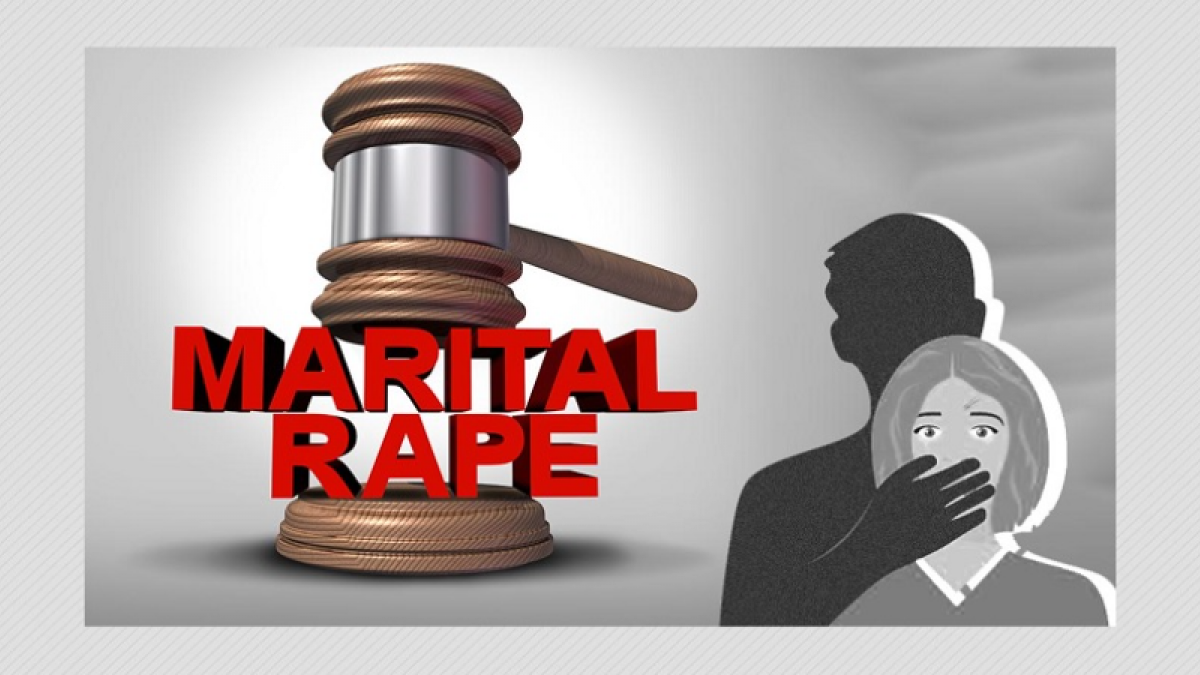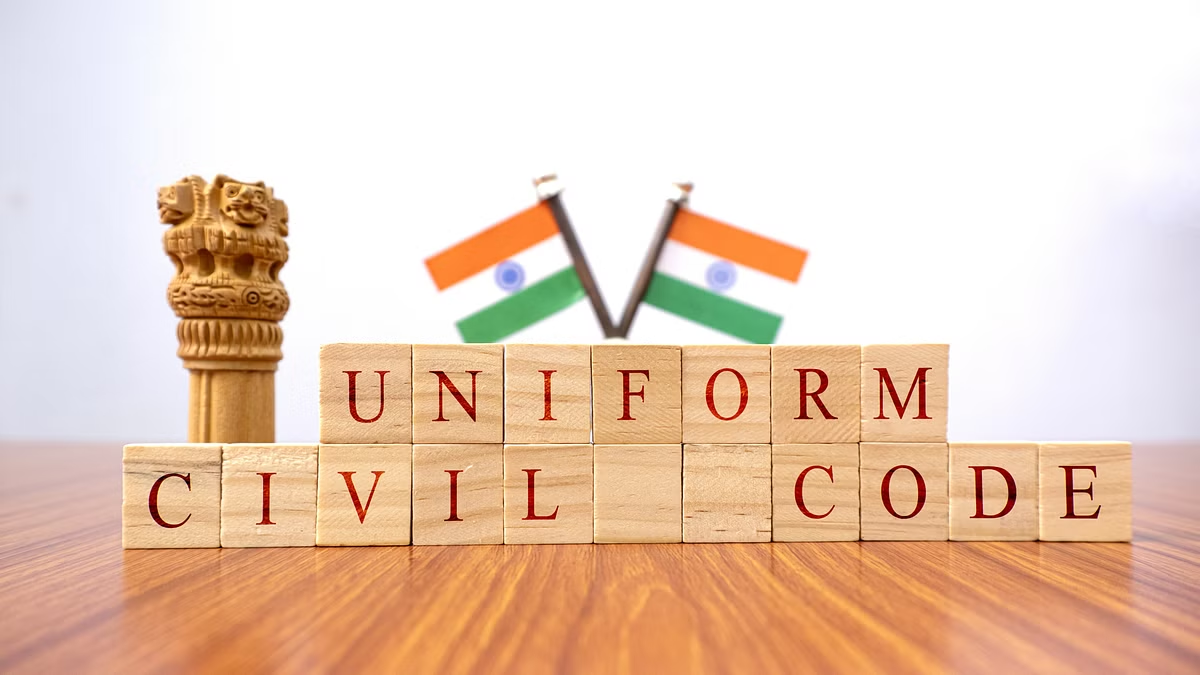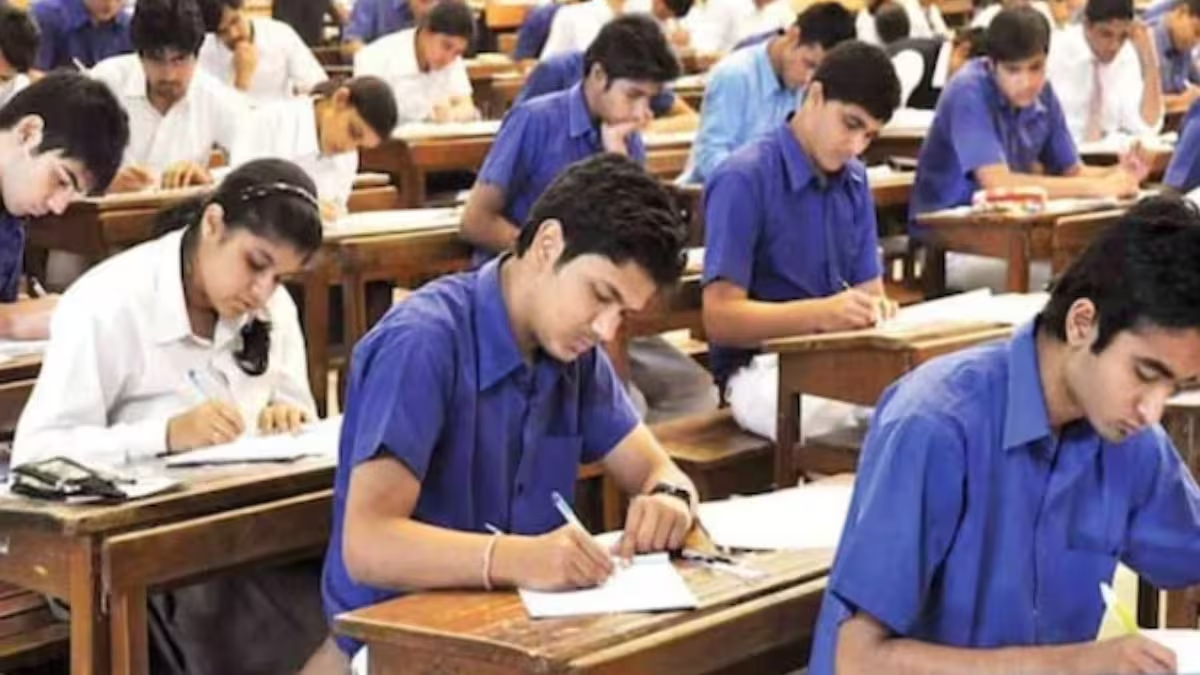In a landmark hearing, the Supreme Court of India began deliberations on petitions seeking to criminalize marital rape, an issue that has long been debated in Indian legal and social discourse. Senior Advocate Karuna Nundy, representing the petitioners, including the All India Democratic Women’s Association (AIDWA), alleged that the legal exception allowing non-consensual sex between a husband and wife violates women’s fundamental rights that are enshrined under The Constitution of India. At the heart of the case is Exception 2 under Section 375 of the Indian Penal Code (IPC), now incorporated as Section 63 in the Bharatiya Nyaya Sanhita (BNS). This provision exempts a husband from being prosecuted for rape if the victim is his wife, provided she has completed the age of 15. The petitioners claim that this exception violates women’s right to equality, liberty and consent within marriage.
Petitioners say, “No Ground for Marital Rape Exception,”
Senior Advocate Karuna Nundy claimed that the marital rape exception is unconstitutional as it violates Articles 14 (Right to Equality), 19 (Right to Freedom of Speech and Expression) and 21 (Right to Life & Personal Liberty) of the Indian Constitution. Nundy stressed that the exception turns married women into “sexual objects” and deprives them of the right to consent.
“This case does not portray the scenario of women versus men. It is about people versus patriarchy,” Nundy told a bench headed by Chief Justice DY Chandrachud and comprising Justices JB Pardiwala and Manoj Mishra.
The petitioners argued that eliminating the marital rape exception will not create a new offence but will eliminate an arbitrary and unreasonable statutory classification. They claim that having sex without the consent of the other party is already a crime, and only the marital rape exception protects the spouses from prosecution.
Court raises concern over misuse of law
During the hearing, Justice Pardiwala raised questions on the potential consequences of criminalizing marital rape, asking what would happen if a wife files a First Information Report (FIR) against her husband for having sex without consent. He expressed concern about the potential misuse of such a law, noting that it could lead to unnecessary tension within a marriage.
Nundy replied that a husband must respect a wife’s right to say “no”. She said criminalizing marital rape would promote respect and communication within marriage rather than destroy the institution.
Historical roots of the exception
The debate also discussed the historical origins of the marital rape exception, which is rooted in the Hale Doctrine, an 18th-century English legal doctrine according to which a wife’s consent to sexual relations is implied upon marriage. Nundy criticized this archaic concept, saying it has reduced women to the status of property, a doctrine that is no longer relevant in modern society.
What’s CJI’s Take?
Chief Justice Chandrachud agreed that marriage cannot imply full consent to sex, noting that the government itself, in an earlier affidavit, had rejected the Hales doctrine as outdated. However, the court also acknowledged that the government has resisted criminalizing marital rape, citing other legal provisions such as the Domestic Violence Act as adequate safeguards.
Government Opposes Criminalisation
The Union of India, in its plea opposing criminalising marital rape, argued that existing legal measures already protect married women from sexual violence. It also warned that criminalising marital rape could be “too harsh” and destabilise marriages. The government further said that the matter requires a comprehensive approach that involves consultation with all countries, and that it is a social issue as well as a legal issue. The government argued that acts of cruelty, wrongful confinement and grievous harm inflicted by a spouse could already be prosecuted under existing penal laws. However, Nundy responded that the trauma caused by rape within marriage cannot be compared to other forms of domestic violence, as the damage caused by rape is fundamentally different.
International View
Senior advocate Colin Gonsalves highlighted that other countries such as Nepal have already legalised marital rape without undermining the institution of marriage. He said punishing marital rape strengthens marriages rather than ending abuse.
“In Nepal, criminalising marital rape was seen as protecting the institution of marriage from abuse by the husband,” Gonsalves said. He added that punishing such violence purifies the institution of marriage by promoting honour and dignity in the relationship.
Broader Legal and Social Implications
The petitions heard by the Supreme Court challenge various legal judgments and verdicts, including the Delhi High Court’s ruling on the marital rape exception and the Karnataka High Court’s verdict, which had upheld a rape charge against a husband for forcing his wife to have sex. The case has far-reaching legal and social implications. If the Supreme Court rules in favour of the petitioners, it could redefine the concept of consent in Indian marriages and provide greater legal protection to married women. However, concerns about the potential misuse of the law and its impact on marriages remain at the centre of the court’s deliberations.
Next Steps
The Supreme Court will continue hearing the case next week. Advocates Indira Jain and Gopal Shankarnarayanan are expected to present arguments. The decision could prove to be a turning point in India’s approach to women’s rights, especially with regard to sexual autonomy and legal recognition of consent in marriage.






